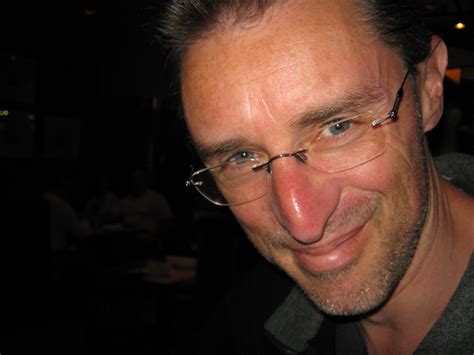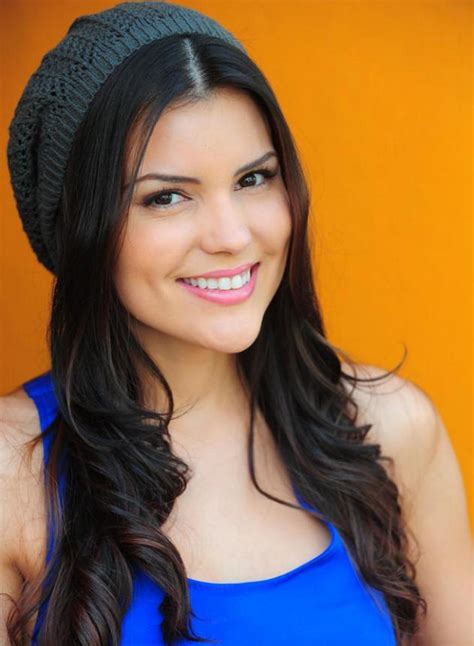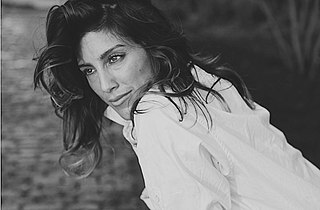A Quote by Keith Gessen
I think that the basement where Orwell washed dishes in Paris was his first lesson in anti-humbug - and part of the lesson is that you have to keep renewing it. And Orwell did that.
Related Quotes
One of the best and most challenging books about Orwell is by the socialist literary critic Raymond Williams. As a critic - and, in some ways, as a figure, at least within the academy - Williams was what England had in the generation after Orwell, and toward the end of his life, he became more critical of his predecessor.
The first thing I did with my very first camera was climb Mt. Fuji. Climbing Mt. Fuji is a lesson in determination and moderation. It would be fair to ask if I took the moderation part to heart. But it certainly was a lesson in respecting your camera. If I was going to live with this thing, I was going to have to think about what that meant. There were not going to be any pictures without it.
I used to wonder: Is Huxley right or is Orwell right? It turns out they're both right. First you get the new world state and endless diversions as you are disempowered. And then, as we are watching, credit dries up, and the cheap manufactured goods of the consumer society are no longer cheap. Then you get the iron fist of Oceania, of Orwell's 1984.
What Orwell feared were those who would ban books. What Huxley feared was that there would be no reason to ban a book, for there would be no one who wanted to read one. Orwell feared those who would deprive us of information. Huxley feared those who would give us so much that we would be reduced to passivity and egoism. Orwell feared that the truth would be concealed from us. Huxley feared the truth would be drowned in a sea of irrelevance.
Who are these evil ones? In 1984, the evil one was called Goldstein. Orwell was writing a grim parody. But these people running the United States mean what they say. If I were a teacher, I would recommend that all my students very hurriedly read most of Orwell's books, especially 1984 and Animal Farm, because then they'd begin to understand the world we live in.
Writer George Orwell confessed he found something "deeply appealing" about Adolf Hitler. Where Martha Dodd was struck by Hitler's "weak, soft face," Orwell discerned "a pathetic dog-like face, the face of a man suffering under intolerable wrongs." All this is a reminder that psychopaths have been known to possess engaging qualities, and that Hitler was no less repellent for not sporting fangs.






































